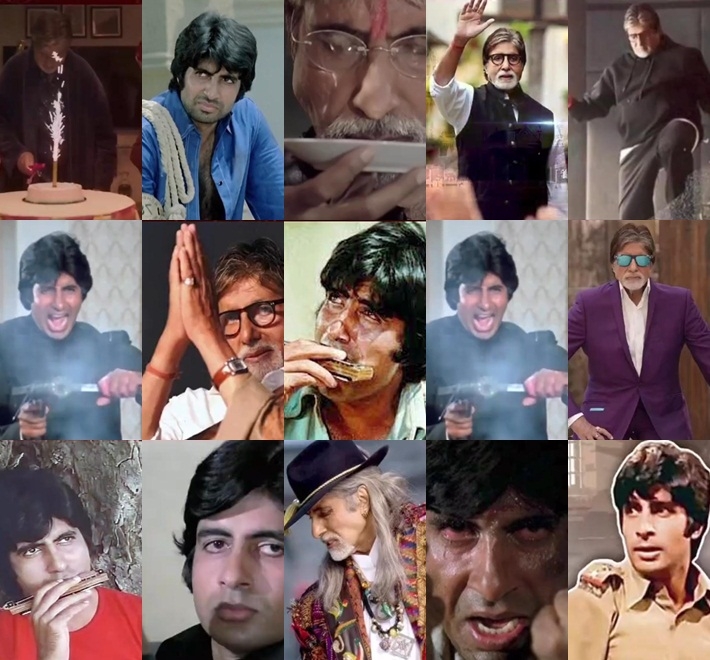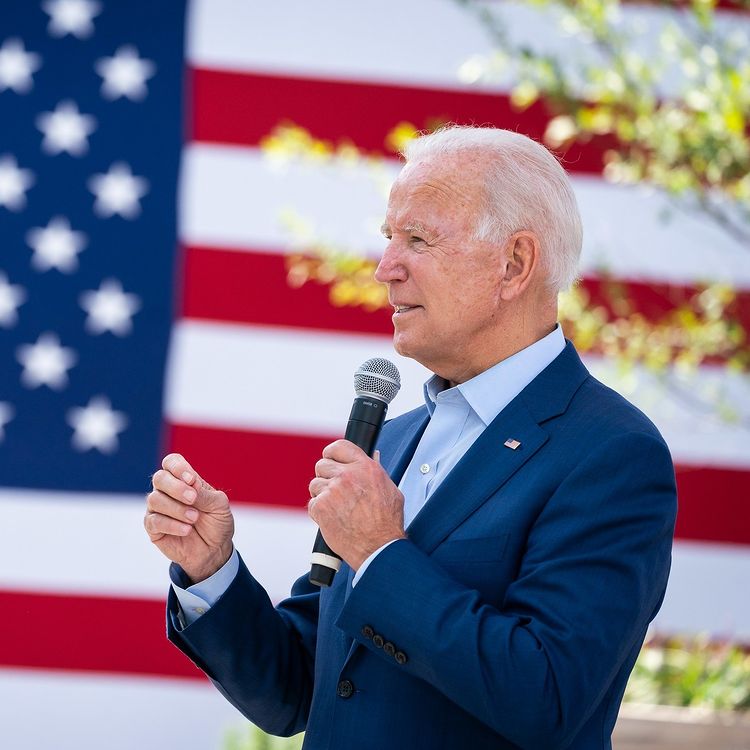An unheard concept in India back then, the show ‘Kaun Banega Crorepati’, inspired by the British show – ‘Who Wants to Be a Millionaire?’, promised to give Rs 1 crore, to the one who would win the game by answering all the questions correctly…writes Akshay Acharya
Legends always have their way with far-sightedness; it doesn’t matter if the system or the society, in which they function, is myopic. Bollywood megastar Amitabh Bachchan, who turns 80 on October 11, is a classic example of this.
After a capricious late 1980s and the early 1990s, when Bachchan’s stardom was fading and when India itself was going through tectonic changes in its socio-political and economic landscapes, the actor along with a team of professionals came up with the plan to set up India’s first entertainment company – the Amitabh Bachchan Corporation Ltd (ABCL) – to get into film production, distribution, event management, talent management and television marketing.
Big B started ABCL in 1994 with the aim to bring in a new culture – that of the corporate – in filmmaking. A novel idea at that time, the company went on to assign Sanjiv Gupta as the CEO, who was hired from Hindustan Lever Ltd.
ABCL got off to a flying start. In its first year, it made a profit of Rs 15 crores as it successfully produced the iconic Indian sitcom ‘Dekh Bhai Dekh’, bought the Hindi rights of the Mani Ratnam classic and ‘Bombay’ along with other revenue sources.
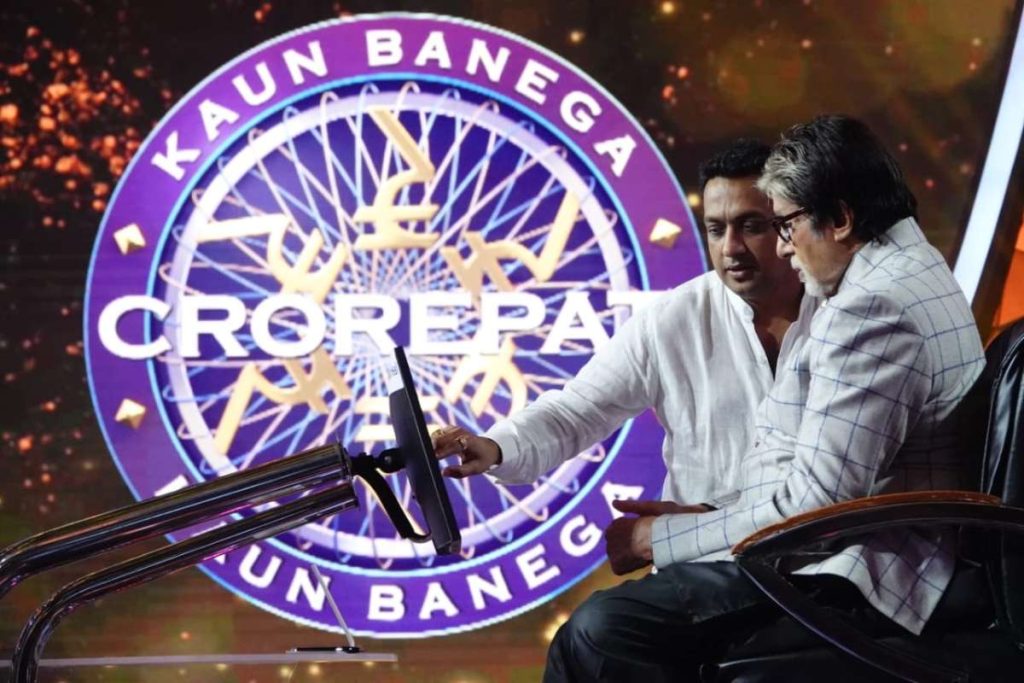
The initial success gave a major confidence boost to the company and happy with the performance, Big B decided to give a freehand to the band of management professionals who were at the forefront of the game that ABCL was playing.
To match up to the company’s fast-paced growth, it needed huge cash flows that came in from banks, who were happy to lend their money against the personal guarantee of the star of the stature of Bachchan.
The company then got on-board for the Miss World 1996 beauty pageant and did event management for the same, bringing it to India for the first time. Prior to this, two Indian beauties – Sushmita Sen and Aishwarya Rai (who would go on to become the Bahu of the Bachchan family) had already made a global mark with their representation of India as Miss Universe and Miss World, respectively in 1994.
Bolstered by the new opportunity and clientele, ABCL decided to bring the event to Bengaluru (then Bangalore) because the city had a healthy mix of the cultures of the east and the west. Although, the time in hand was less to pull it off, ABCL nevertheless jumped in on the opportunity and put in all their resources to make it work.
However, the move backfired massively as it sparked protests across the country. There were two major groups that were against the beauty pageant being held in India – first, it was the feminists, who are of the view that beauty contests degrade women, and second were the conservatives who felt that a beauty pageant being held in India is against the country’s values and traditions.
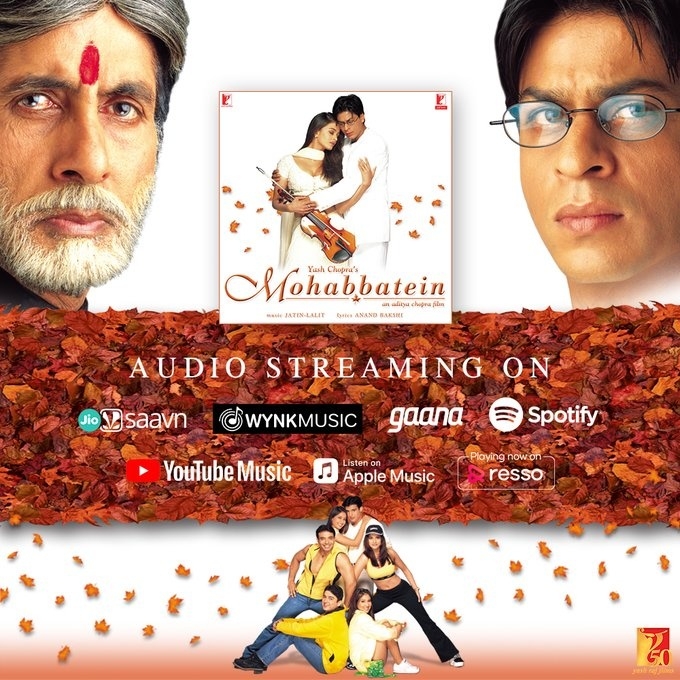
The event did take place but it severely dented the image of ABCL. What’s worse was that the company’s band of reckless management professionals scrapped the process of risk mitigation altogether and made decisions (some singularly wrong, some in haste) that led to a string of films produced under the ABCL banner. These included films which were the comeback vehicles of Big B. The films started tanking one after the other at the box-office.
The outcome? By 1999, the company was in a complete mess as it lost millions, debts soared to an all-time high – Rs 90 crores, to be precise – against a net worth of Rs 60.52 crores in 1999. It’s ironic that the era of rapid economic growth in India was proving to be a financial nightmare for ABCL.
Big B has mentioned in several interviews that creditors started showing up at his house to get their money back – this was also a time when his iconic bungalow Pratiksha, was at risk of getting seized. Canara Bank had sought Mumbai High Court’s permission to attach Pratiksha to recover its dues. The bank led a consortium which gave credit facilities to the tune of Rs 22 crore to the ABCL in 1996 when it expanded its business.
Finding itself pushed into a corner by creditors, ABCL applied to the Bureau for Industrial and Financial Reconstruction (BIFR) to be listed as a sick company in order to get an immunity from creditors.
Facing the darkest time in his life, Big B turned to his old friend, filmmaker-producer Yash Chopra and requested him to be cast in ‘Mohabbatein’, which was in early development during that time. The film released in 2000 and became a superhit but, ABCL’s debts dwarfed the success of the film for Big B.
But, just when the world thought that Big B would suffer the same fate as India’s first superstar Rajesh Khanna (ironically whom Bachchan replaced as a star in the early 1970s) in terms of diminishing stardom, the ‘Agneepath’ megastar, given his constant urge to experiment and huge risk appetite, took to the medium of television and started a long second innings that could give a serious complex even to the likes of Rahul Dravid.
It was during this time that Big B made a turning-point of a decision: to accept the offer of being a host in a quiz-based reality show. An unheard of concept in India back then, the show ‘Kaun Banega Crorepati’, inspired by the British show – ‘Who Wants to Be a Millionaire?’, promised to give Rs 1 crore, to the one who would win the game by answering all the questions correctly.
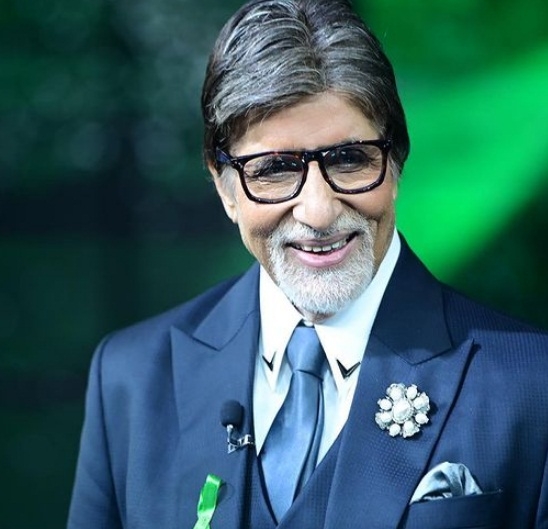
Amitabh said yes to featuring as the show host and it changed the course of history, both for Bachchan and for Indian television. The show’s popularity took Big B to every Indian household and he got a new-found stardom through the small screen. He then started paying off the creditors from the Rs 15 crores that he got for 85 episodes. Things started getting better for Big B and he eventually emerged as a force to reckon with.
ABCL saw many changes after this, Sanjiv Gupta quit ABCL and went on to serve as the president and CEO of soft-drink giant Coca-Cola India.
ABCL, too, underwent structural changes as Big B continued to repay all the debt to every single creditor.
In an interview with senior film trade analyst Taran Adarsh, Big B had said that he was trying to bringing a cultural shift in terms of how films were being made in Bollywood with his ABCL, and faced opposition from people, who told him: “Ye tie pehen ke koi picturein nahi bana sakta (One cannot make films wearing a tie)” – an indirect taunt at bringing the new corporate culture in films.
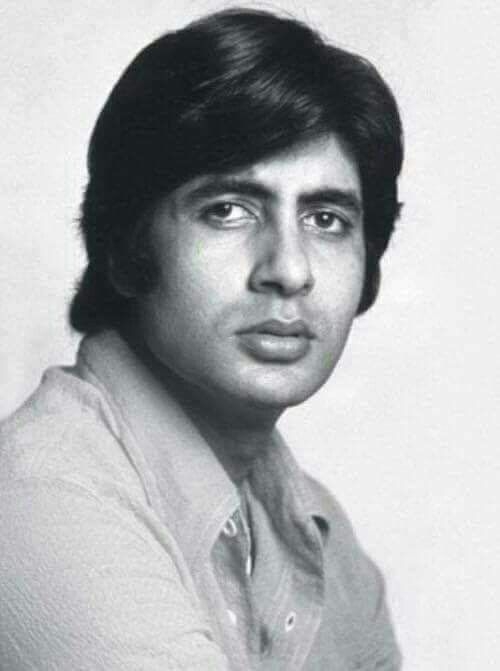
2 decades down the line, the dream that Bachchan once harboured – to streamline filmmaking in terms of revenues, with categorical demarcations and departments for effective functioning of film units, is the bedrock of modern day filmmaking in not just Bollywood but almost all of Indian cinema.
Ahead of his time, Big B eventually saw the system bending to his ways.
As for those who advised him against making films with a corporate approach, Big B seems to have the last laugh in his trademark baritone.

